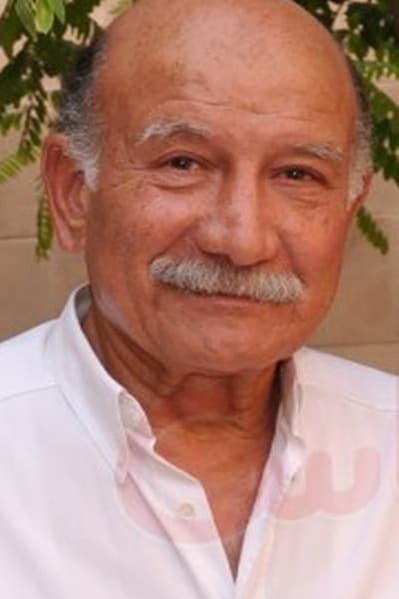
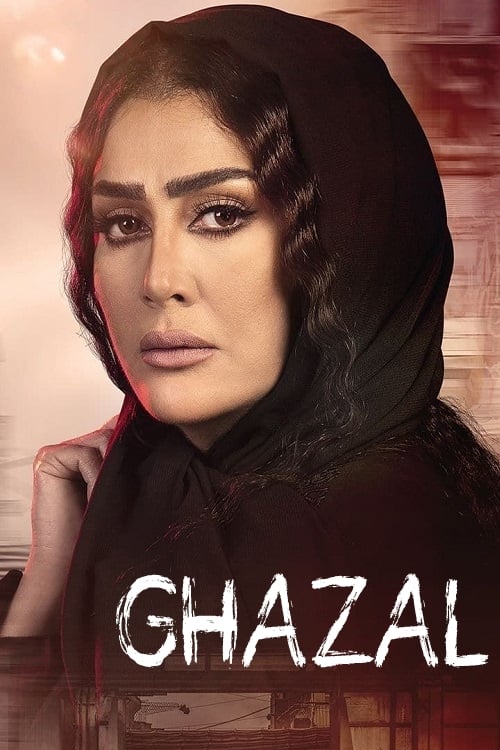
In search of her missing son and escaping her turbulent past, Alia poses as a vendor living in a poor neighbourhood.
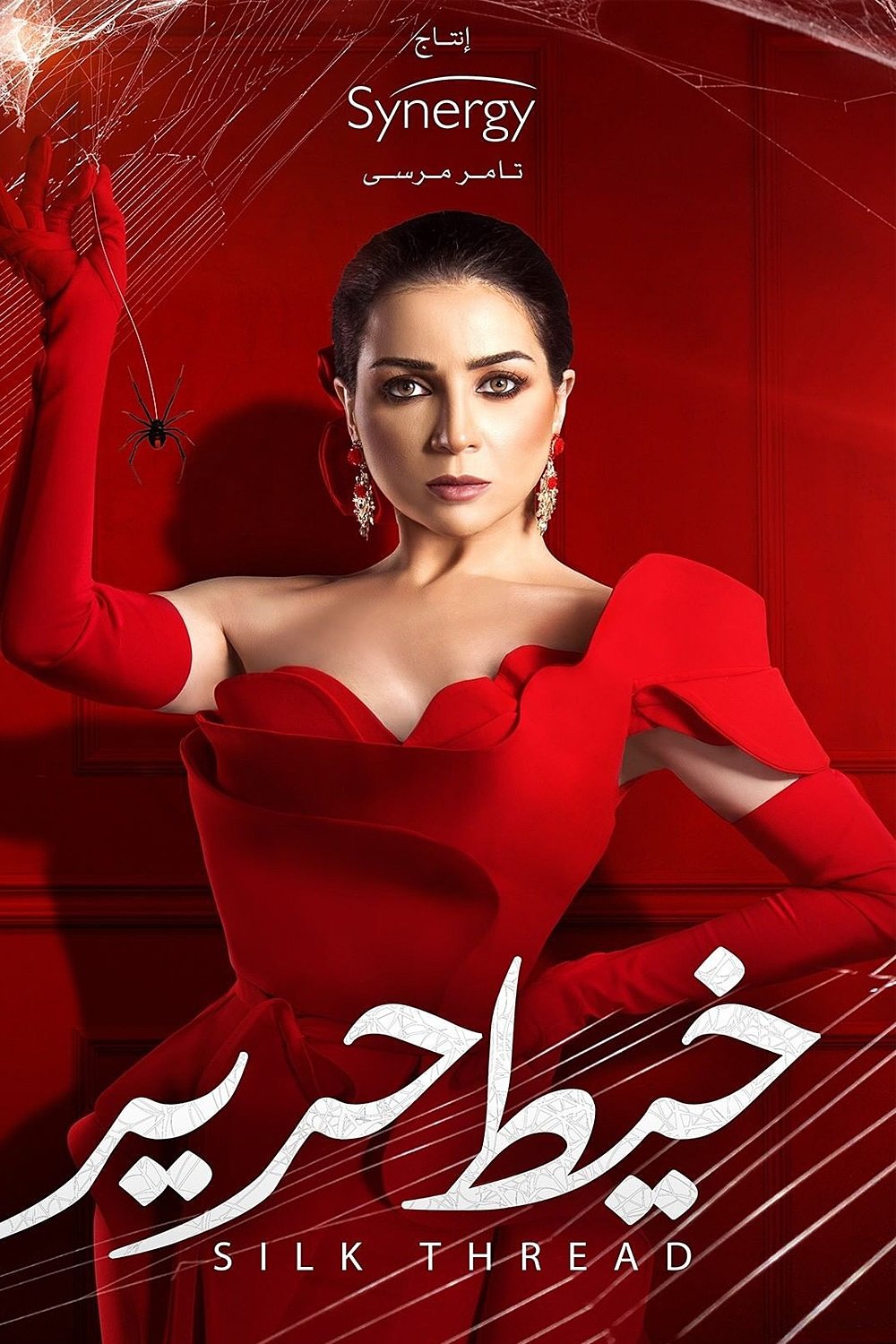
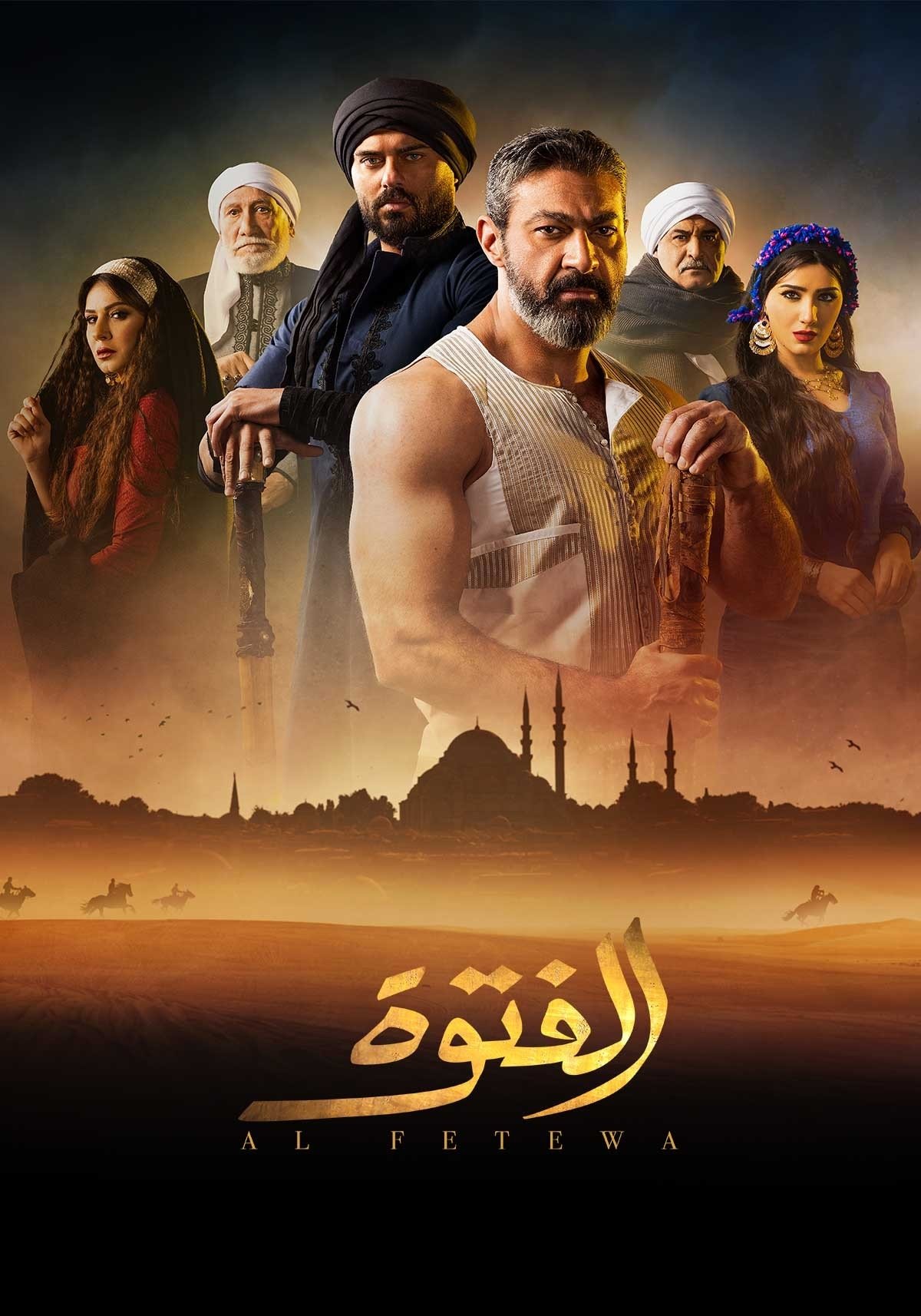
In the world of local neighborhoods, a sect of strong people come together to manage the affairs of these neighborhoods. Known as Al-Fetewa, they are ruffians who shoulder the responsibility of the people in their neighborhoods.
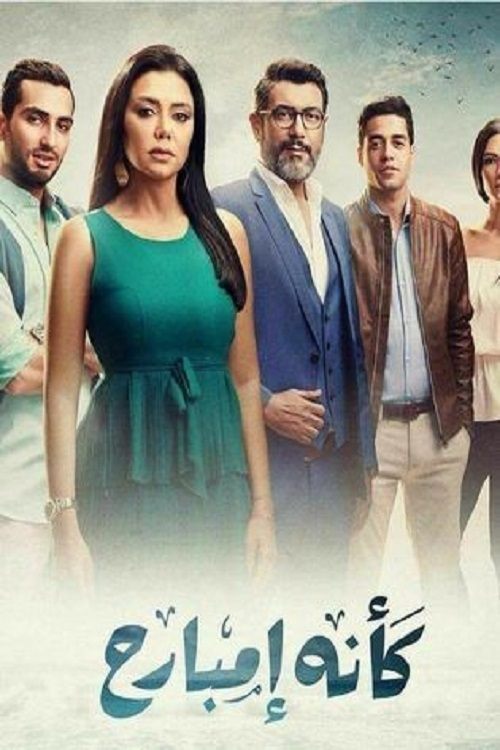
A family lives in a tragedy that continues for years after their son (Ali) was kidnapped during a holiday they took on the beach, and after many years, (Ali) appears again in their lives, but this sudden appearance raises many questions, chief among them: Is this young man (Ali) ) Really?
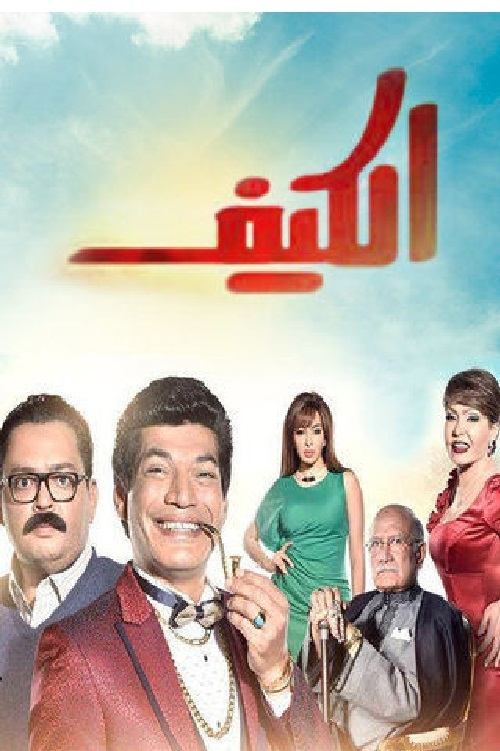
Based on the film with the same name, the series deals with the issue of drugs and their deadly effects and how that's connected to the rampant corruption in society. As a trinitarian conflict arises between science, money, and addiction, the series shows that conflict through various characters.
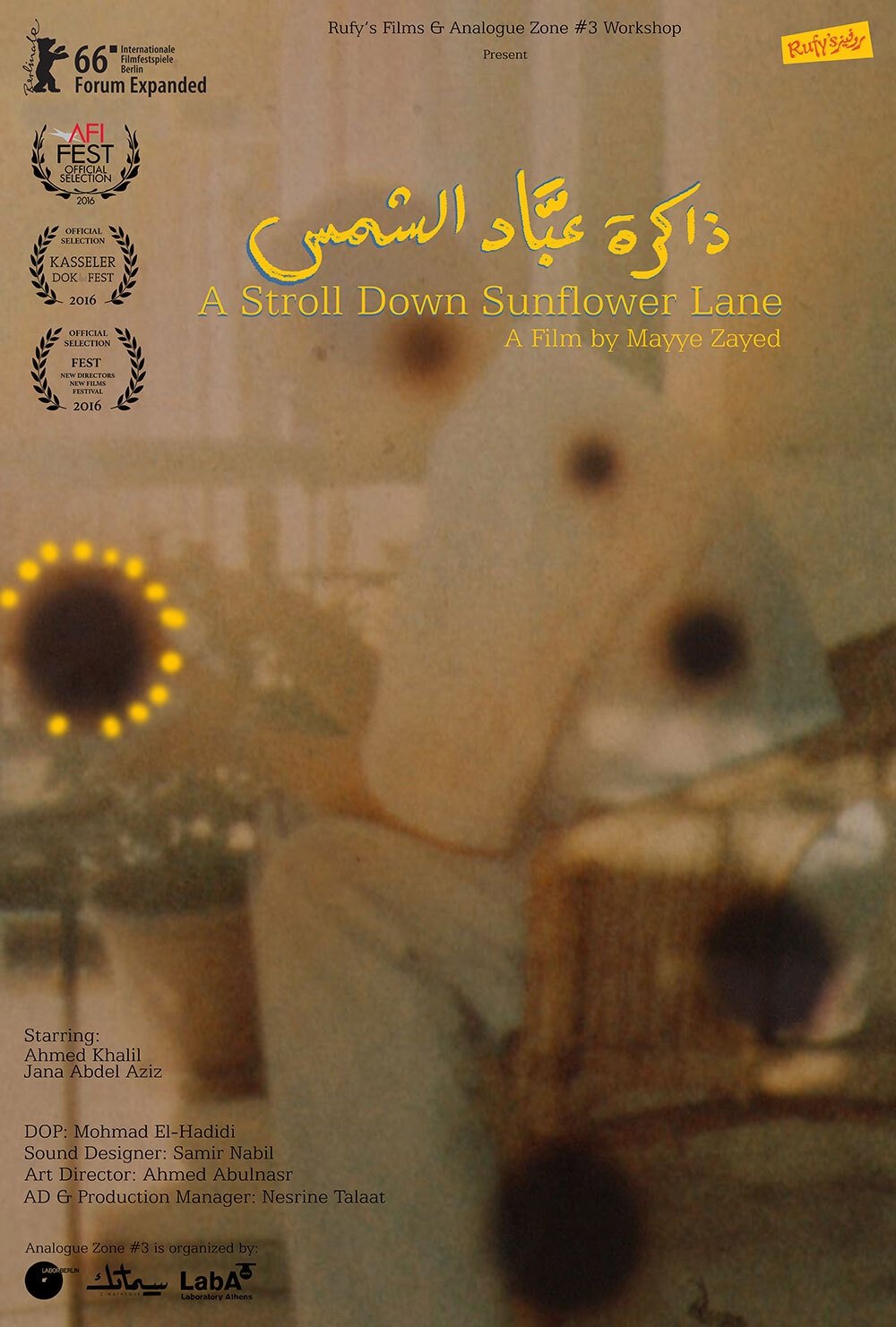
An old grandfather, a little granddaughter, an old house and some glimpses of memory. She was growing up building hers. He was getting old losing his.
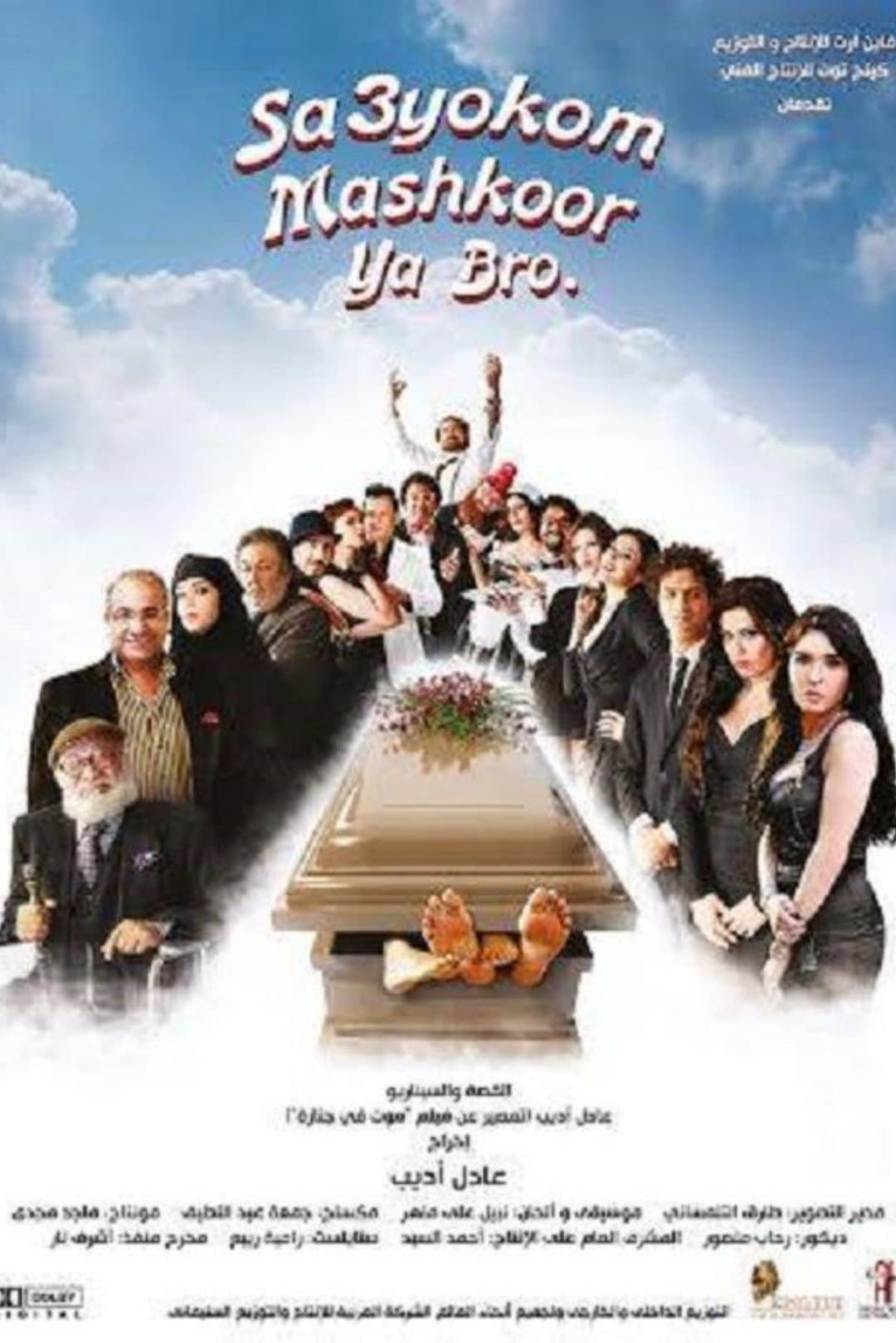
When a family reunites after the death of one of its members, a series of misunderstandings and mistakes sends the family into many comedic paradoxes.
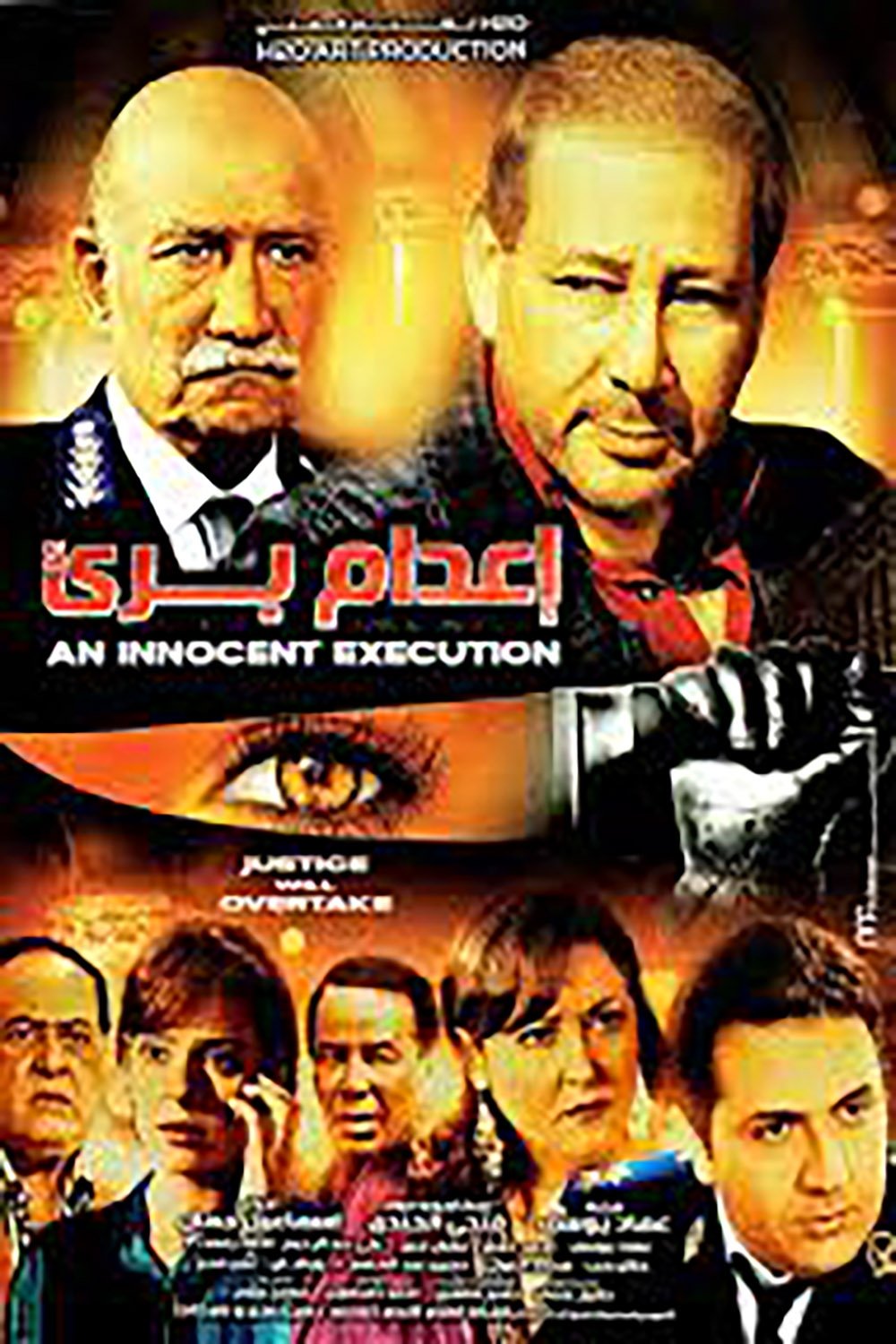
The film focuses on the life of two brothers who died in their lives from orphanage. One of them worked in the police force and was promoted to the rank of brigadier. He is an unusual lover of his work. The second brother is a physician specializing in medical analysis, (Egypt), which leads him to try to detect the corrupt persons responsible for the supply of these pesticides by subjecting them to scientific analysis, but in light of all this there is disagreement between the two brothers on the background of this discovery.
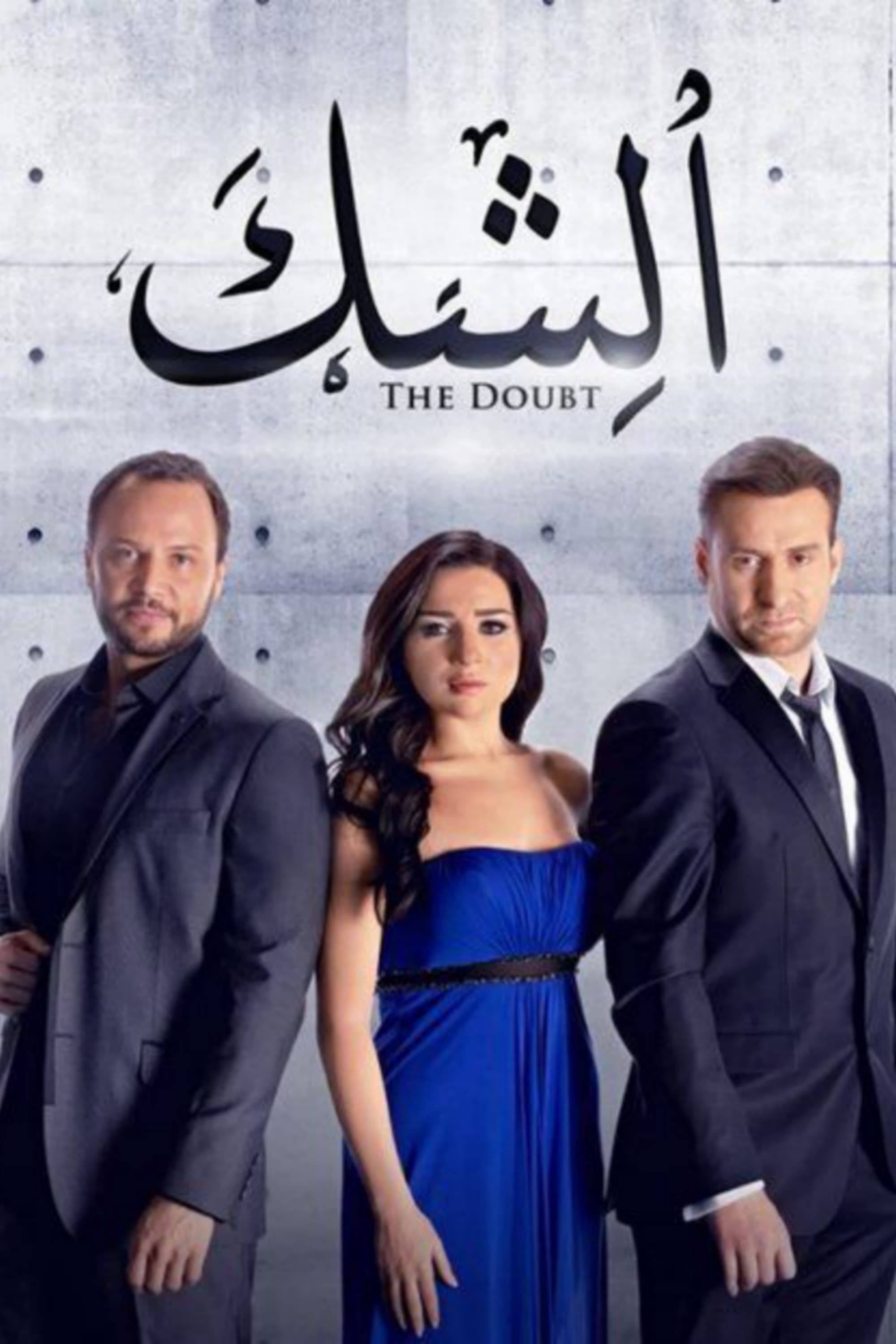
The life of a middle-class family turns upside down when a lawyer contacts them and casts doubt on the paternity of their eldest daughter, which leads the father to suspect his wife's infidelity since the purported father of his daughter was his and his wife's college friend.
Ahmad Muhammad Ibraheem Khaleel joined “Al-habeeb” Institute after finishing his studies at the High Institute of Cinema in 1965. Played stage roles like ”Khaadem sayyedayn i.e. A servant for two masters”, “Yasseen we Baheyya i.e. Yasseen and Baheyya” and “Hobb taht al-heraassa i.e. An under guard love”. In 1970’s, Khaleel travelled to a Gulf country and did not show as an actor then returned heavily to TV in “Yamout al-zammar i.e. Piper dies”, “Hadeeth al-sabaah wal-massaa i.e. Morning and night talk”, “Zaman Alaa al-Deen i.e. The time of Alaa al-Deen”, “Bawwaabet al-Halawaany i.e. Halawaany’s gate” and “Al-forsaan i.e. The knights”. Participated in Haany Lasheen’s film “Al-aragoz i.e. The puppeteer” along with superstar Omar Sharif and among his important roles in cinema; Shaady Abdul Salaam’s “Al-momiaa i.e. The mummy”, Aatef al-Tayyeb’s “Katibat al-e’daam i.e. Execution troop” & “Dedd al-hokouma i.e. Anti-government” and Muhammad Faadel’s “Naaser 56” and “Kawkab al-shark i.e. Orient Star”. Ahmad Khaleel played different successful roles in TV yet he did not make the same success in cinema.
By browsing this website, you accept our cookies policy.